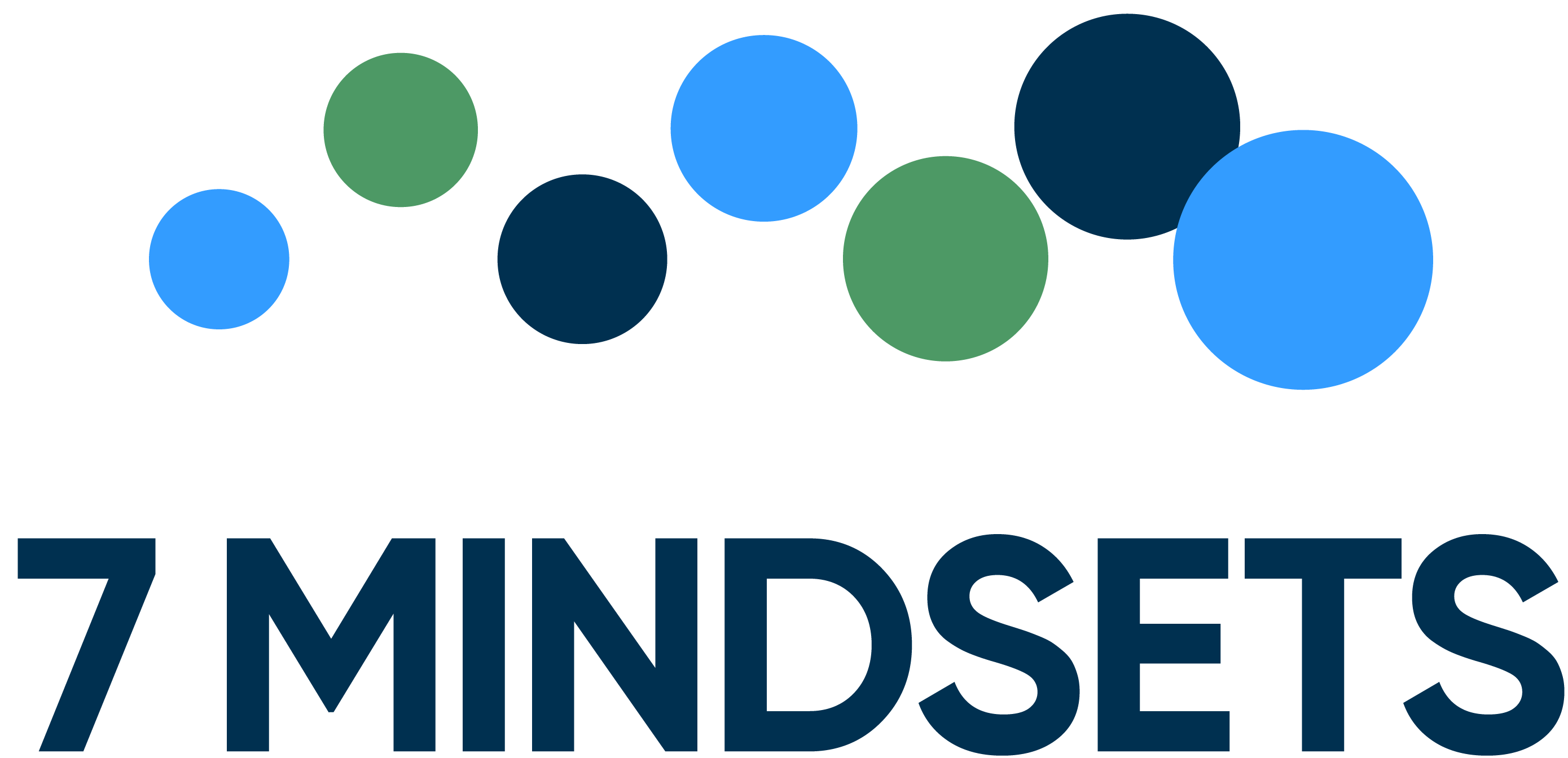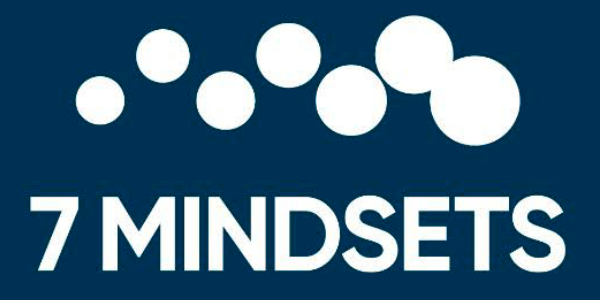None of my kids are teenagers quite yet, which means the issues they’re facing today aren’t as scary as the ones coming in the not-too-distant future.
As they get older, they’ll really begin defining who they are and how they view and interact with the world.
That’s why it’s so important for me to build trust with my children and help them feel secure and comfortable talking with me, especially when they share things that shed a less than postive light on them, like admitting a lie or mistake.
I do this because I want to be able to be there for them when they really need me: when they start dating, get pressured to experiment with drugs and alcohol, and are trying to figure out who they are and what they want to do after high school.
As we enter into sensitive and important conversations with our students, we must remember the immense value of showing vulnerability ourselves. As they say, ‘be the guide by their side, not the sage on the stage.’
Sharing our own struggles and listening closely to what they’re saying emphasizes that our support is always there, and makes our own experiences easier for them to identify with.
There are four critical questions to ask students that will draw them out, under-discussed topics which we can offer vital guidance in:
1 – What do you want from life?
This is less about them defining their exact life plans when they’re 16, and much more about helping them understand the importance of aligning what they do with who they are.
80% of adults are not passionate about what they do for a living, and I sure don’t want this for my children.
My hope is for my kids to love what they do in a career or pursuit that really matters to them. If they can achieve this, they will most certainly be successful, benefit others more, and have a greater sense of fulfillment.
This is also a way to frame their lives holistically. It’s not about fame and fortune, it’s about what type of sibling, parent, friend or spouse they want to be, how they envision themselves going through life, and how they maintain their physical and emotional health.
It is expected that this generation will be the first to see a decline in disposable income. I believe this will be a wonderful catalyst for them to discover greater meaning from the things money can’t buy. The sooner we can get them oriented to this, the better!
2 – Who are your best friends and why?
They say that friends are the family we choose, and we want our children to make these choices wisely.
At some point in middle school, our influence on our children is surpassed by the impact of the peers they associate with. In fact, it is believed that most of us become the average of the 5 people we spend the most time with.
It is essential that our children seek out relationships with peers who have the character traits and aspire toward success and happiness.
Beyond that, we want them to have friends that are loyal and who will hold them accountable.
This question will provide valuable insight into how your child views friends, and foster great dialogue toward helping them make their lives exponential through others.
3 – What stirs your emotions?
I was watching a presentation by Andy Stanley in which he suggested that the one question we should all ask ourselves is “What breaks your heart?”
Knowing what it is that stirs your emotions is critical to understand because, within the answer to that, your life’s purpose often resides.
As I thought about the question, it was clear to me that my answer is when I see children being harmed, either by adults or through bullying at school. When I think about my life and the times I believe I’ve been at my best, this was what drove me.
This question has provided so much clarity for me that I just wish I had known to ask myself sooner; fortunately, I do now and can pose it to my kids.
The coming generation is highly attuned to the ills that face our communities and the world. I also believe many are interested in using their lives to make things better.
These generational traits will help make this a wonderful conversation of discovery that will deepen your relationship with your teen.
4 – What do you think happiness is?
I think Brené Brown summed it up well in stating that we’re hyper-aware of scarcity today.
Through the media, we see people (often not seeming very happy) living lives of excess.
Somehow, it is no longer enough to wake up to a family you love, do work that is meaningful to you, and experience joy and significance through the relationships in your life.
In many ways, we’ve lost sight of what the good life is, of what real happiness is.
The best definition of happiness I’ve ever heard is by Martin Seligman, and it has three components:
- Experiencing high states of emotion (determined by what we do and who we do it with)
- Doing things that consume us and make time stand still
- Finding true significance from what we accomplish
This is the definition I want to impart to my children, and I believe the simple question above will help you start this crucial dialogue, allowing your teens to simplify and orient their lives around what you most want for them: happiness on their own terms.
Perhaps the best advice I ever got on parenting was from a colleague. He told me that I would try everything and it would feel like nothing was working, but that I had to keep trying because eventually the scope of all I’m doing will have an impact.
And so it is with the conversations we have. Just because we don’t get the instant gratification we might like, it is still essential that we keep entering into these meaningful dialogues with our children, because eventually it really will make all the difference.







